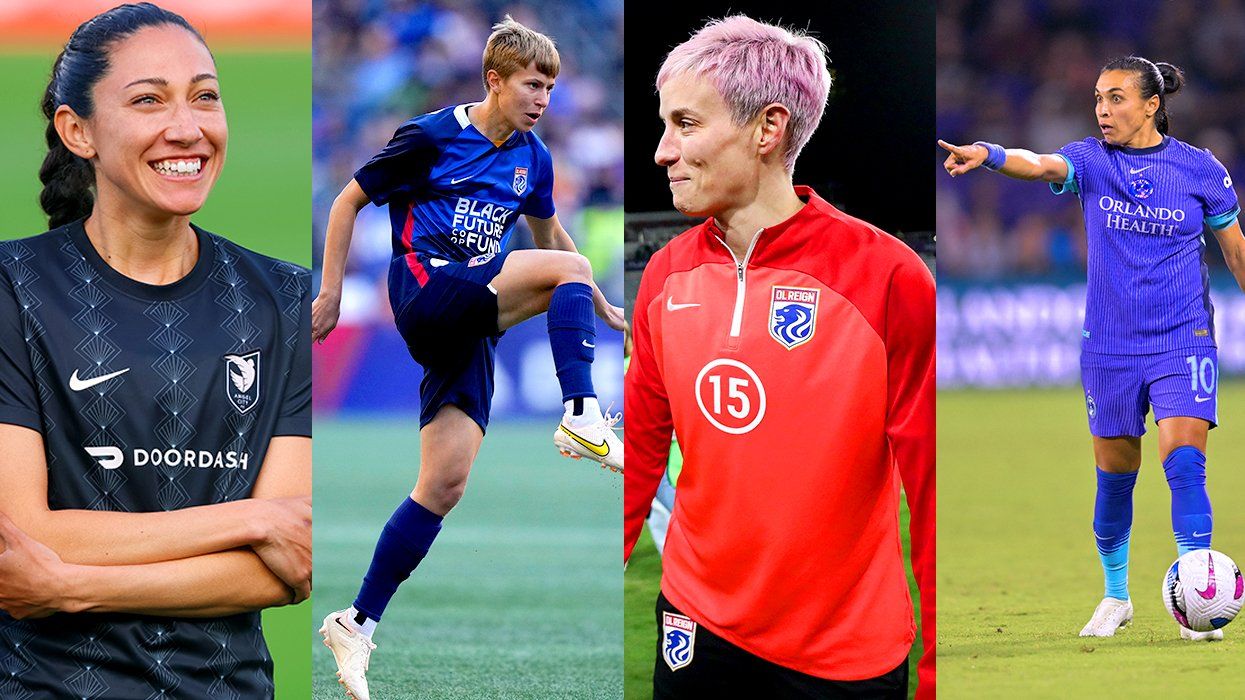Sandeen is not alone in perceiving an otherness inherent in Vogel’s perception of trans women. Gemma Seymour-Amper, 43, a trans woman who identifies as a lesbian, contends Vogel, like many other radical feminists who came of age in the ’70s, has a belief “in an essential, ineffable mystique of the feminine that they believe trans woman inherently lack.”
An attendee of both Michfest and Camp Trans, and a supporter of Trans Womyn Belong Here, Seymour-Amper believes her presence would only make the festival richer. “My purpose is not to destroy women’s space but to participate in it and to strengthen it, to be a full member of my community, and to contribute what I can for the greater good,” Seymour-Amper says.
Still, some festival attendees see a purpose for the festival to be separatist. Karen Thompson, who identifies as a black feminist lesbian, acknowledges that some women born women may never see a need in their lifetimes to gather separately. “But my concern, and the concern that I have for [the] festival, is that there are thousands of women who do.” For those folks who need it, says Thompson, “it provides important breathing space. It allows us to put down bags of cultural baggage that we didn’t even know we were carrying."
At its core, Thompson’s argument — and Vogel’s — is essentially based on gender identity and socialization. It contends that being assigned female at birth is a life experience that differs from that of being assigned male. “The internal struggles and social pressures are different,” says Thompson. “We live in a patriarchy. That is still true. And that has real, cultural effects."
Syd Mutcher, another Michfest participant, agrees, saying that trans women are informed by their boyhoods and by male privilege, as well as by womanhood as they transition. “That is why I support the inclusion of trans women in most spaces but also hold a space that is based on the lived experience of being female since the day we were born,” Mutcher says.
The ill effects of patriarchy, however, are not exclusive to women born women, argues Bex Cat-herder, a member of Trans Womyn Belong Here who has also been involved with Camp Trans since 2008, and who is in preliminary talks to organize a protest this year.
Cat-herder agreed that “patriarchy labels infants at birth with immutable sex and gender characteristics.” But, she notes, “so does the policy of exclusion and its supporters by claiming trans women, speaking out against their own marginalization, are exercising male privilege, while [cisgender, or nontrans] women who do the same are simply being strong and standing up for themselves.”
Aaron Norton, a graduate fellow at the Center for Science and Innovation Studies who has researched American attitudes toward transgender people, sees a continued lack of acceptance for trans people in society at large.
Norton and Greg Herek found in a 2005 research study that heterosexual, cisgender people's attitudes toward transgender people were quite negative on the whole. The scale measured respondents's personal feelings toward trans people, with a more favorable feeling toward the group receiving a higher number and less favorable a lower number. The average rating for a heterosexual person’s “feeling thermometer” reading about transgender people was 32 on a scale from 0 to 100. Norton says a similar but more recent study, conducted by the Human Rights Campaign in 2011, suggested a possible increase in that low favorability, with a mean rating of 45.
The Michfest dust-up highlights a perceived fissure in the LGBT community, pitting lesbian supporters of a separate space for women born women, against trans people and their allies who say such a policy is discriminatory. “There are members of our community who do not treat transphobia as [being] on the same level as homophobia,” said Sandeen. “The lesbian community that is not speaking up — members of the LGBT community that are not speaking up on this? Shame on them."
For performers like Saliers, taking the stage means being mindful of a larger backdrop of discrimination. “The question we have to ask ourselves is, ‘What does it feel like to be who you are and to have a person or a community or a country or a world say you don’t count?’” she says. “It’s not right. I really believe if the festival makes the choice to include trans women, years later, they are going to look back and say, ‘Wow, that was a terrible, painful conflict at the time, but kind of, what was that all about?’”
(See a List of the 2013 Michfest Performers)


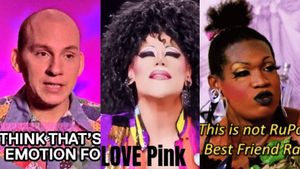


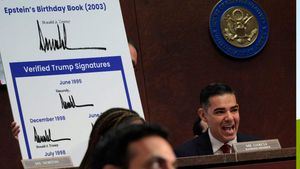




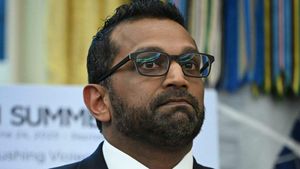



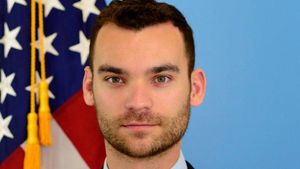

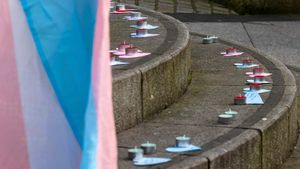









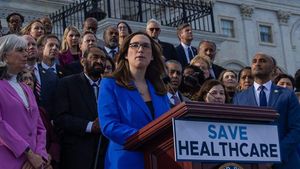


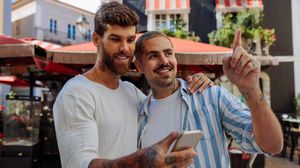





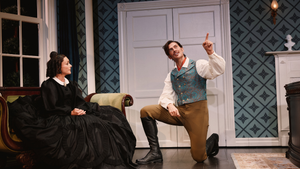





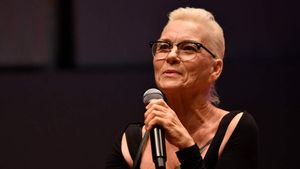

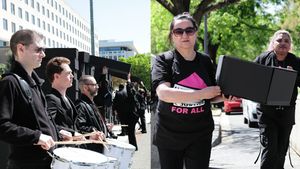


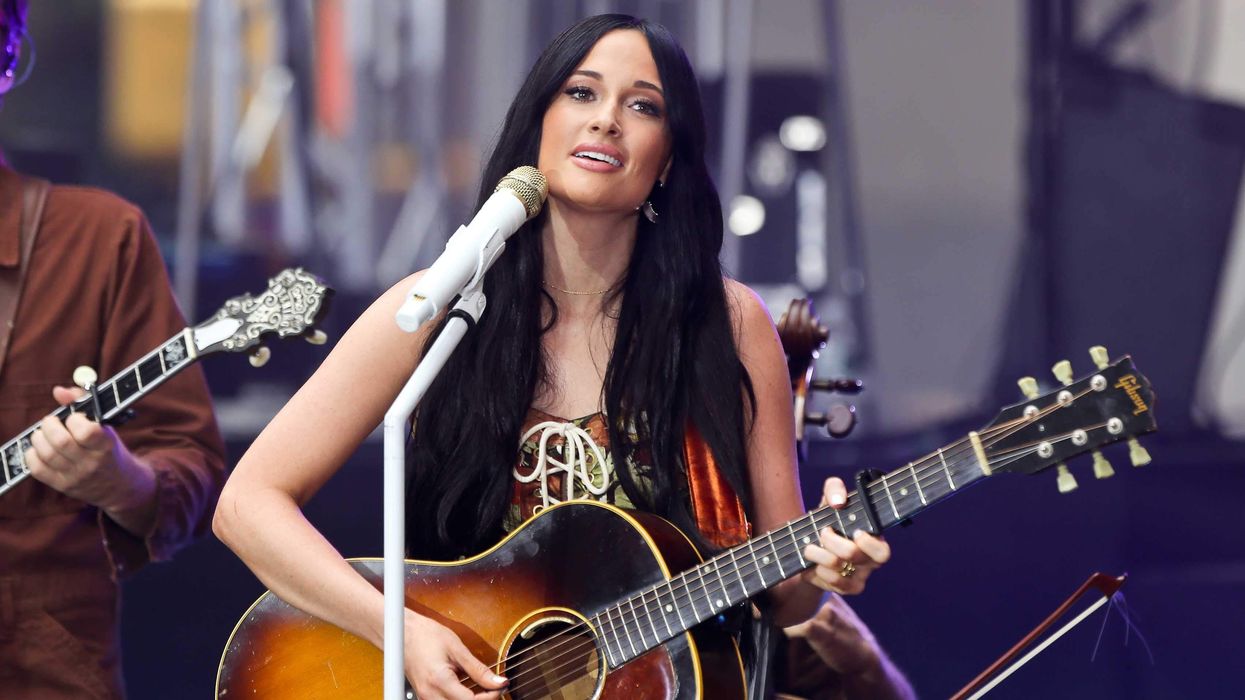
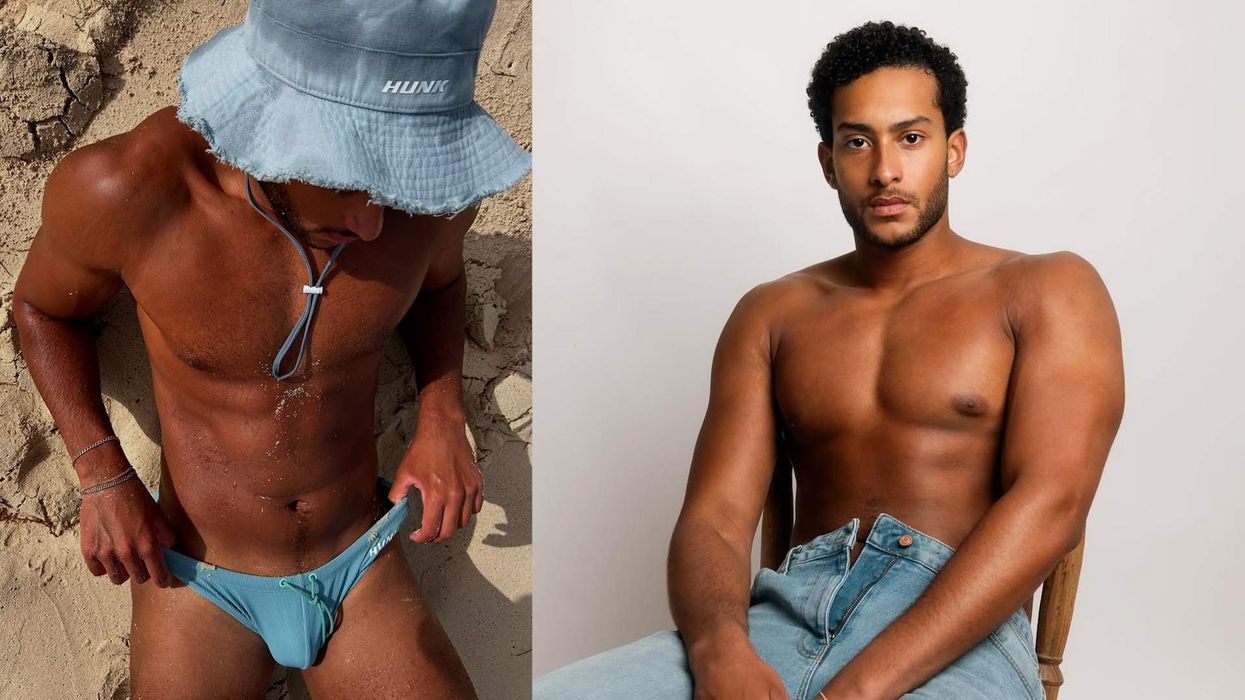
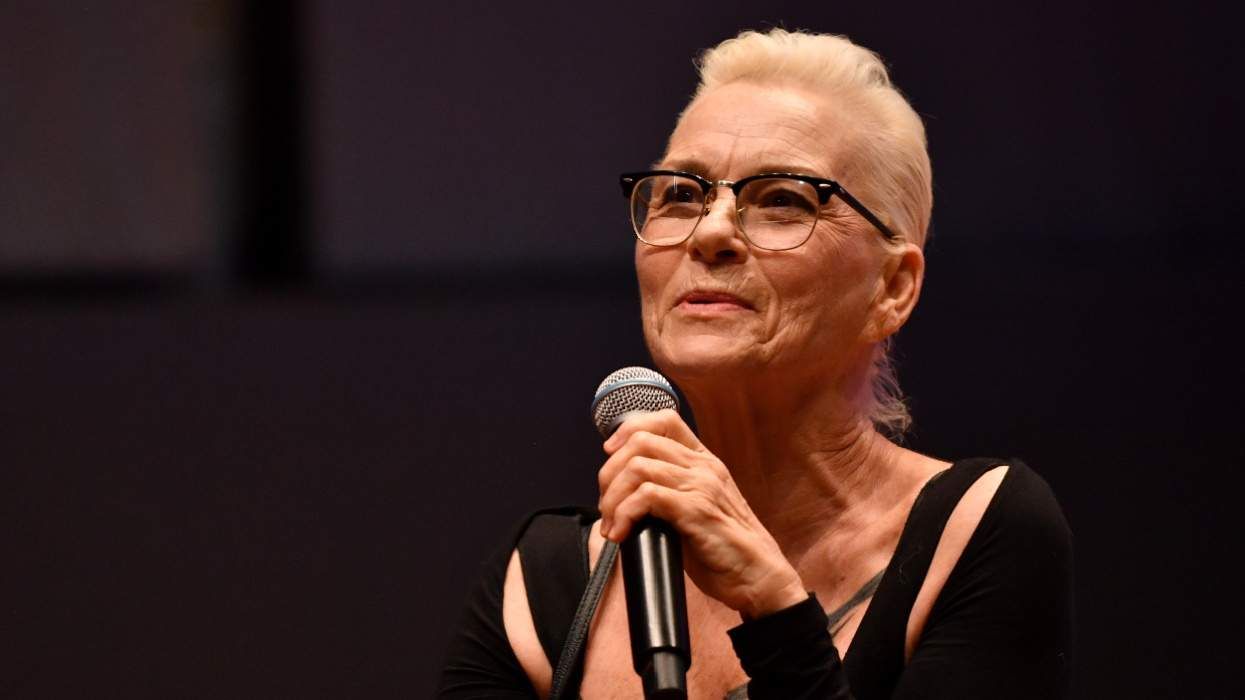
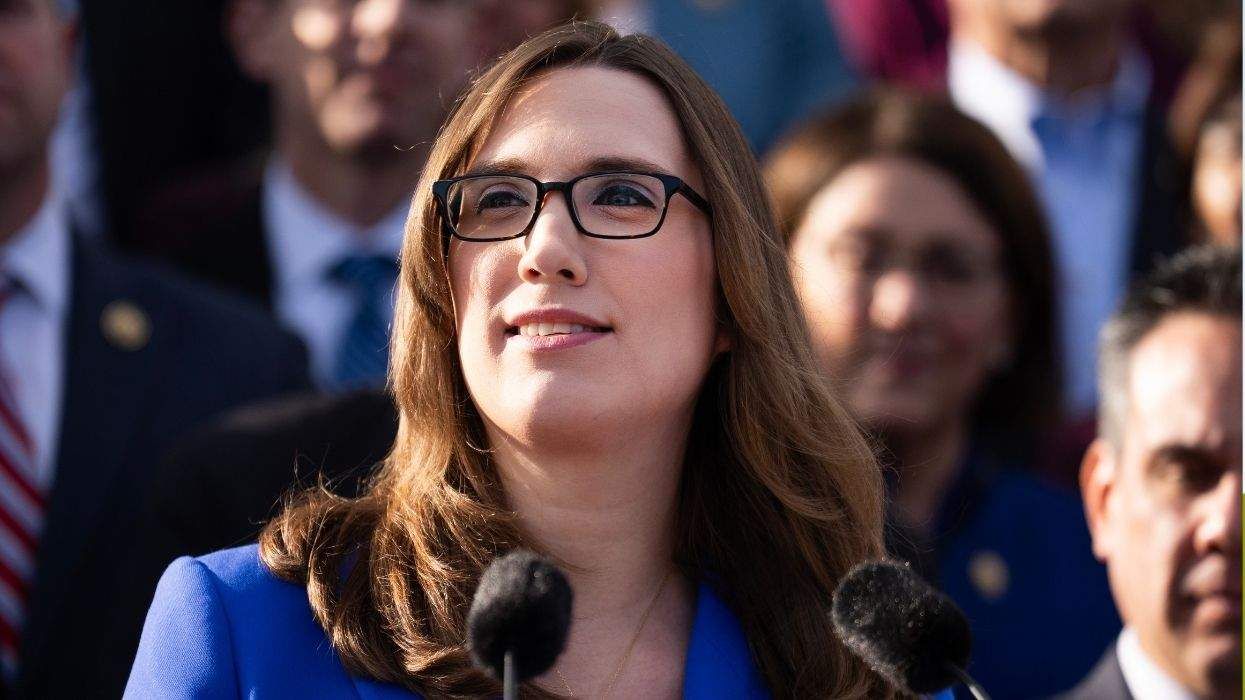






























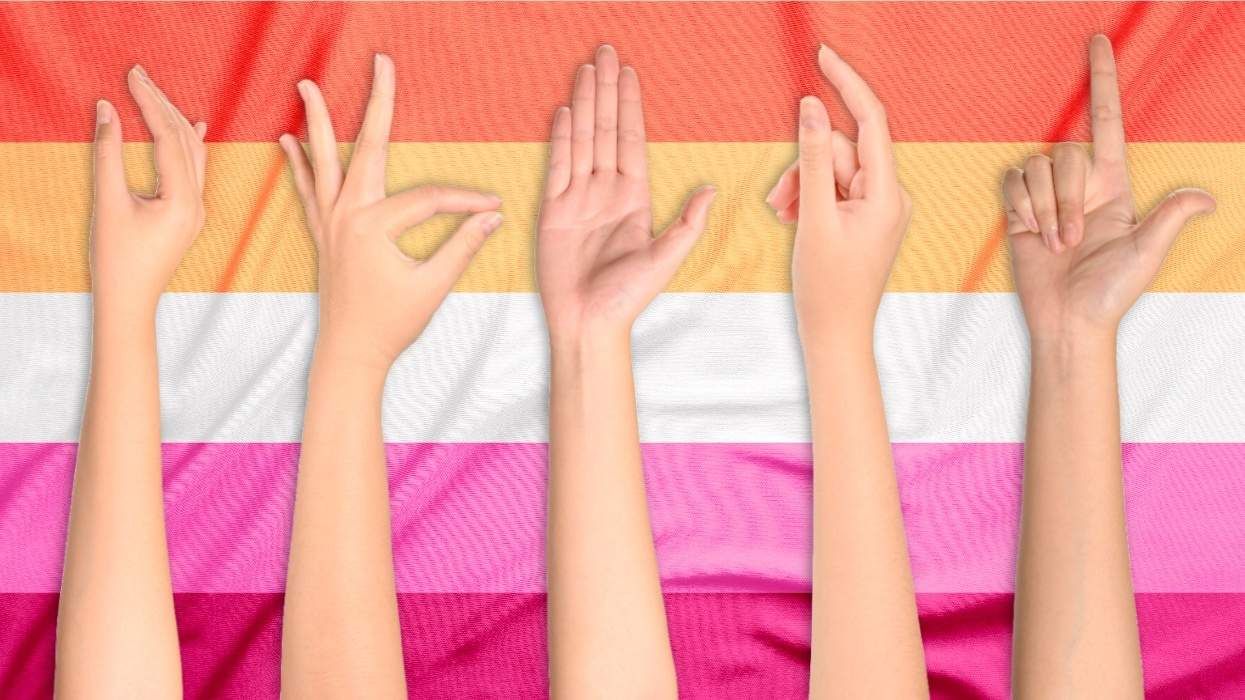
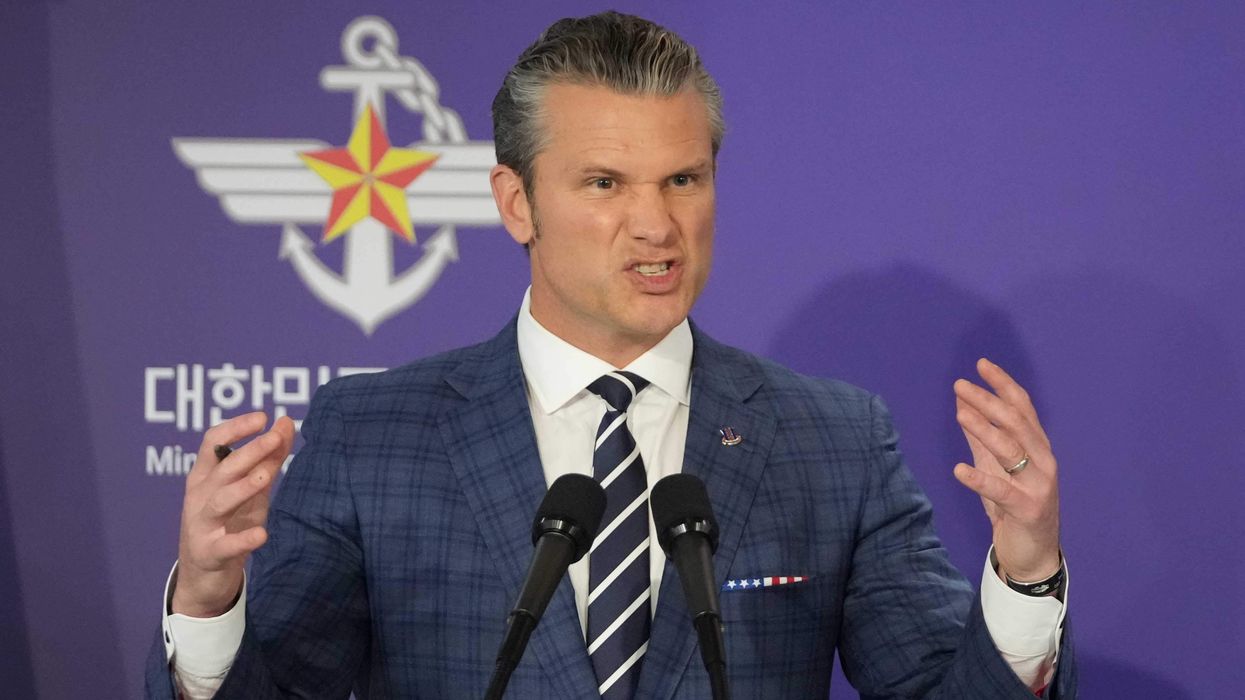
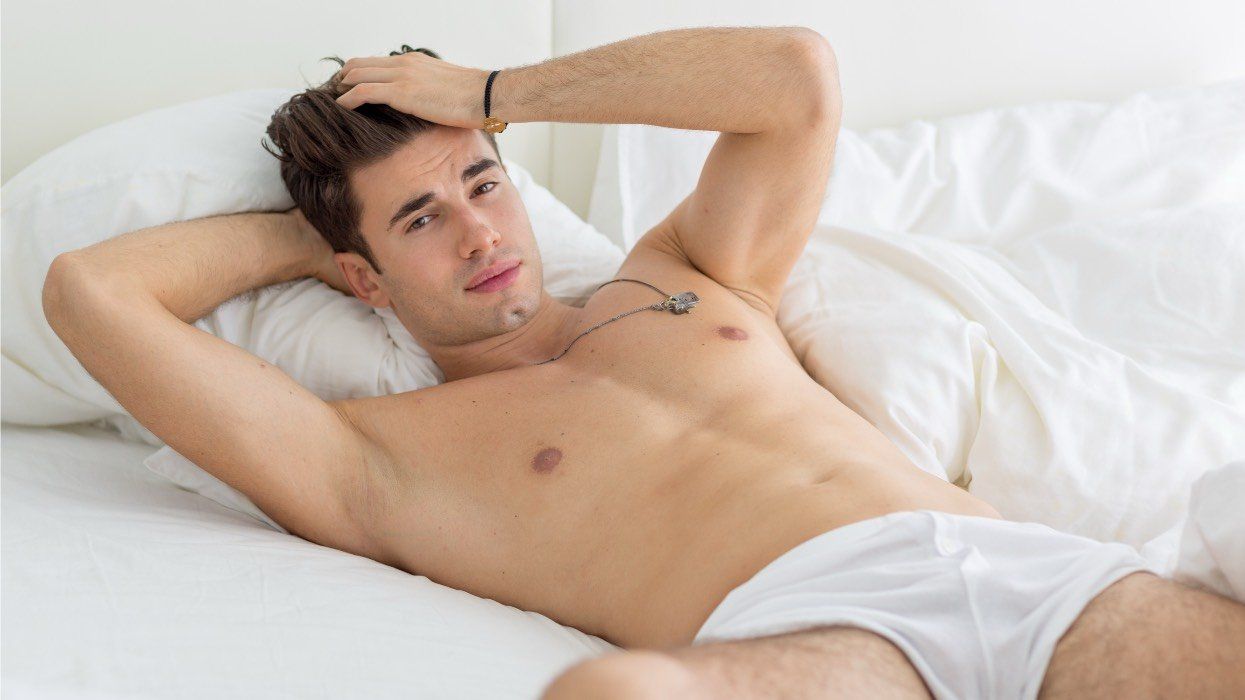

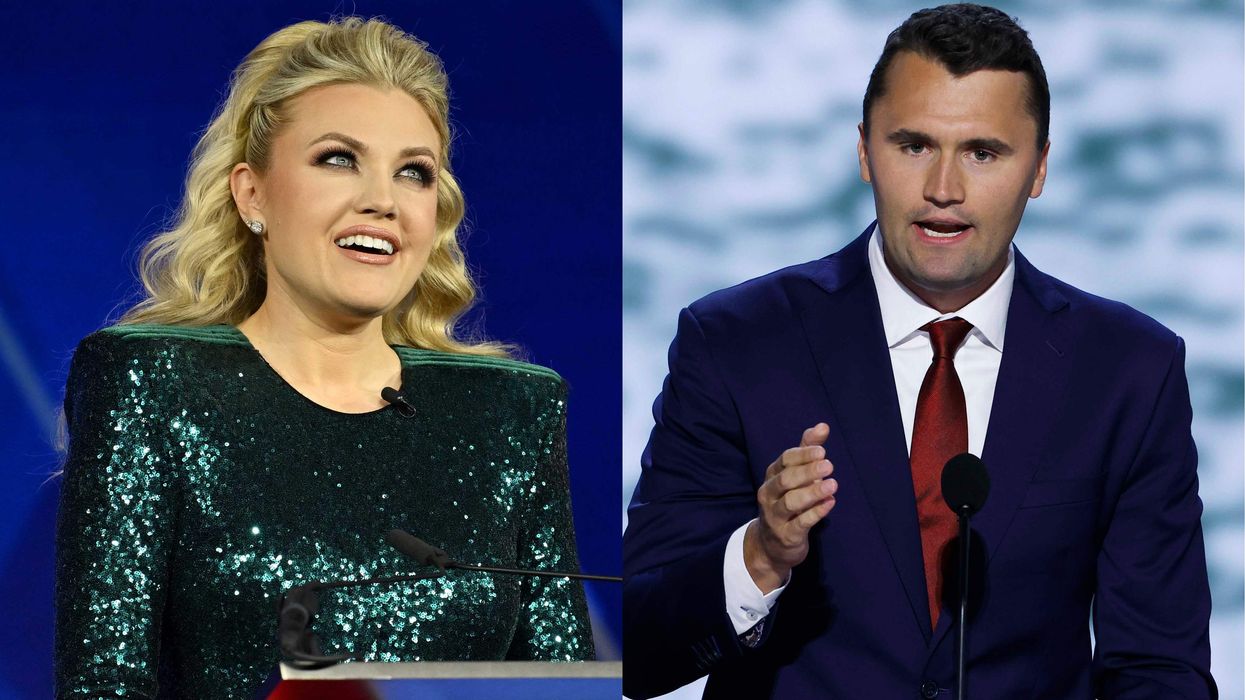


 Cindy Ord/Getty Images
Cindy Ord/Getty Images
























